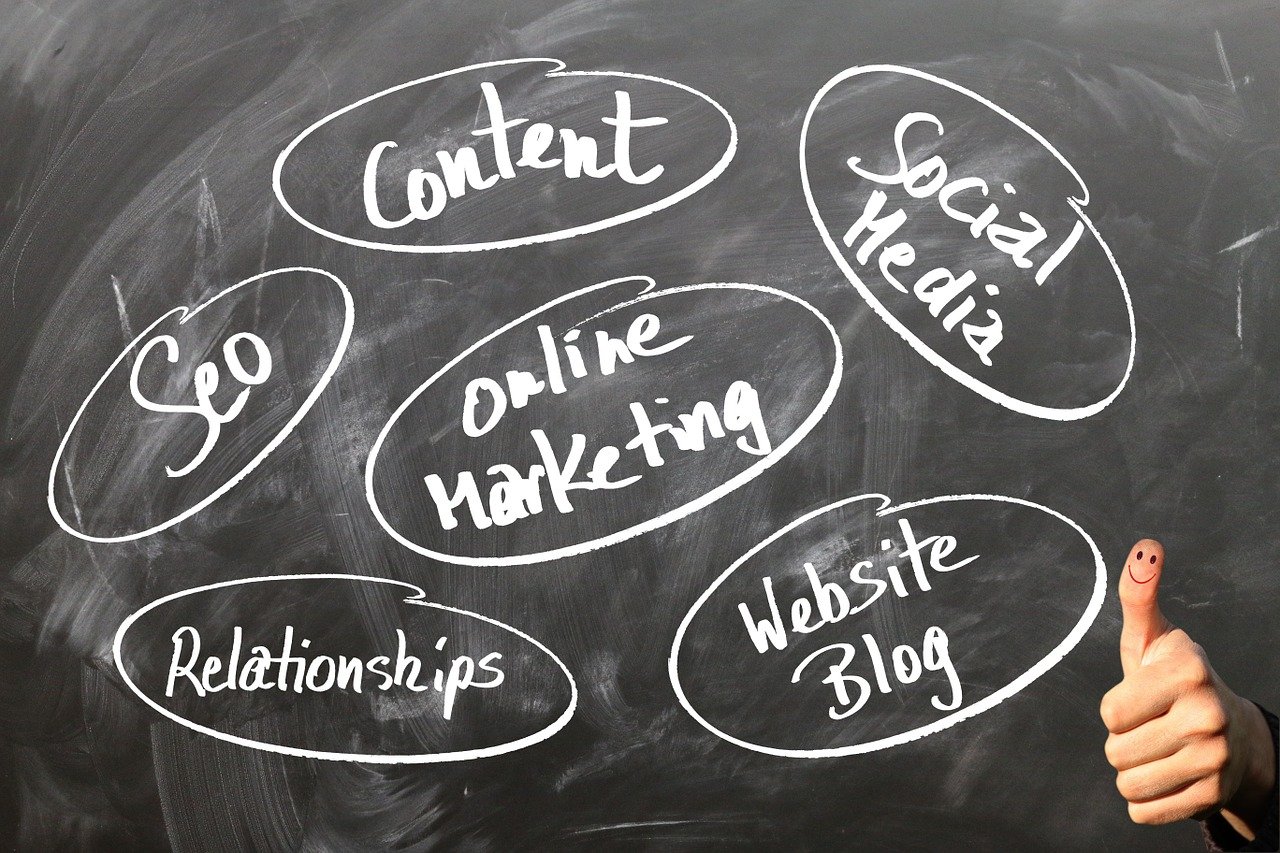Law firm transitions can significantly impact both its internal dynamics and external relationships. Given the complexities involved, it is imperative for a law firm to carefully manage all aspects of its transition to guarantee a smooth adaptation and maintain a strong rapport with its clients and partners. This article will highlight various essential steps and marketing tactics to effectively communicate a law firm’s transition to its stakeholders, ensuring a seamless process and continued client satisfaction.
Holistic Transition Communication Plan
A holistic transition communication plan is a strategic framework to facilitate effective communication during a significant organizational transition. Such plans are essential since there can be much uncertainty among employees, clients, and the broader community during change. Implementing the following steps systematically and with sensitivity will help your law firm navigate your transition process:
Internal Communication Strategy (Current Staff and Attorneys)
- Craft a detailed internal communication plan highlighting the changes, rationale, and benefits for the firm and its clients.
- Why: Ensures a cohesive understanding within the firm, fostering a supportive and informed team culture.
- Where: Firm-wide emails, internal memos, and in-person meetings.
Client Reassurance Campaign (Current Clients)
- Send personalized communications to clients, emphasizing the firm’s commitment to continuing exceptional service despite the transition.
- Why: Maintains client trust, minimizing potential anxiety and ensuring continued satisfaction.
- Where: Personalized emails, phone calls, and client meetings.
Public Announcement (Industry and Local Community)
- Issue a well-crafted press release detailing the firm’s strategic transition, goals, and how it will benefit the clients and the community.
- Why: Establishes transparency and credibility within the industry and local community, showcasing the firm’s adaptability and growth.
- Where: Local newspapers, legal publications, and online press release platforms.
Content Strategy Development (Target Audience and Industry Peers)
- Create insightful and informative content (blogs, articles, whitepapers) highlighting the benefits of the new practice area or business model.
- Why: Demonstrates expertise, enhances the firm’s thought leadership, and attracts potential clients seeking specialized legal services.
- Where: Firm’s website, legal forums, and industry-specific publications.
Social Media Campaign (General Audience and Potential Clients)
- Develop engaging social media content to showcase the firm’s transition, highlighting success stories and addressing potential client concerns.
- Why: Expands the firm’s online presence, attracts new clients, and fosters engagement with a broader audience.
- Where: LinkedIn, Twitter, Facebook, and other relevant platforms.
Networking and Referral Strategy (Colleagues and Referral Sources)
- Organize networking events or one-on-one meetings to update colleagues and referral sources about the firm’s transition and how it benefits its clients.
- Why: Strengthens professional relationships, encourages referrals, and establishes a mutually beneficial network.
- Where: Industry events, professional associations, and one-on-one meetings.
Follow-up Communications (All Audiences)
- Regularly update all stakeholders, including clients, staff, and industry peers, about the firm’s progress and success during and after the transition.
- Why: Sustains engagement, demonstrates progress, and reinforces the firm’s commitment to its vision.
- Where: Newsletters, targeted emails, and regular social media updates.
BONUS
Effective Marketing Tactics
Marketing tactics are diverse and can be employed across various platforms to promote a product, service, or brand. Here is a comprehensive list of marketing tactics that firms can utilize:
Content Marketing:
-
- Blogging
- E-books
- Whitepapers
- Infographics
- Videos
- Podcasts
Social Media Marketing:
-
- Social media campaigns
- Influencer partnerships
- User-generated content
- Social media advertising
- Hashtag campaigns
Email Marketing:
-
- Newsletters
- Drip campaigns
- Personalized email content
- Email automation
- Segmented email lists
Search Engine Optimization (SEO):
-
- Keyword optimization
- Content optimization
- Backlinking
- Website optimization
- Local SEO
Pay-Per-Click (PPC) Advertising:
-
- Google Ads
- Bing Ads
- Social media PPC campaigns
- Display advertising
- Remarketing
Influencer Marketing:
-
- Collaborating with industry influencers
- Sponsored content
- Affiliate marketing
- Ambassador programs
Viral Marketing:
-
- Viral content creation
- Memes and GIFs
- Challenges and contests
- Trendjacking
Event Marketing:
-
- Trade shows and expos
- Conferences and seminars
- Sponsorship of events
- Product launches
- Networking events
Referral Marketing:
-
- Referral programs
- Loyalty programs
- Partner marketing
- Customer rewards and incentives
- Affiliate marketing
Mobile Marketing:
-
- Mobile-friendly websites
- SMS marketing
- Mobile apps
- Location-based marketing
- In-app advertising
Interactive Marketing:
-
- Quizzes and surveys
- Interactive content
- Gamification
- Augmented reality (AR) campaigns
- Virtual reality (VR) experiences
Public Relations (PR):
-
- Press releases
- Media Relations
- Crisis management
- Thought leadership articles
- Community involvement
Direct Marketing:
-
- Direct mail campaigns
- Telemarketing
- Door-to-door marketing
- Catalog marketing
- Personalized direct marketing
Conclusion
When planning a marketing strategy, it is essential to consider the target audience, industry, budget, and desired outcomes. Employing a mix of these marketing tactics can help your law firm effectively reach and engage its target market. Need a quick copywriting fix? Snag our awesome brochure/cheat sheet – Improve Your Marketing Impact: 100 Essential Do-It-Yourself Reminders for Lawyers.






